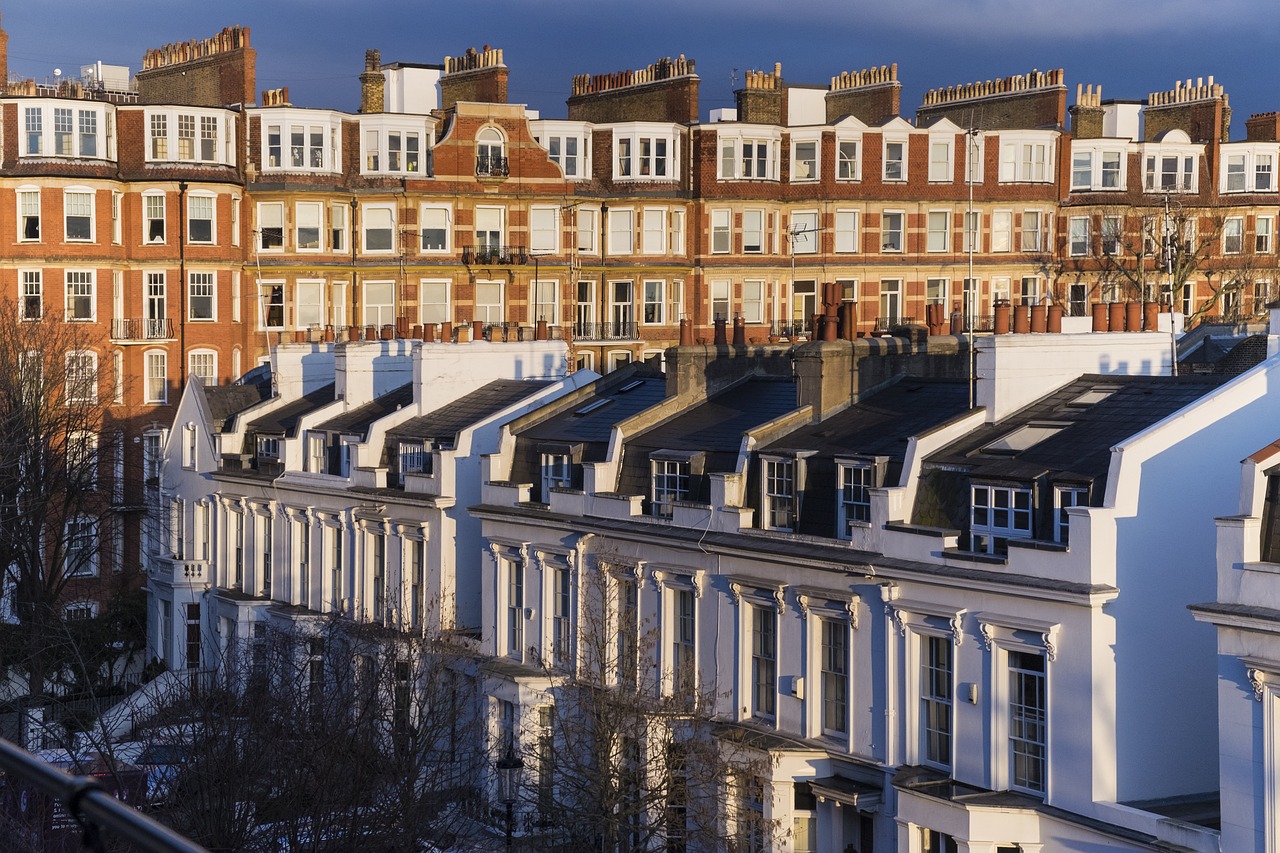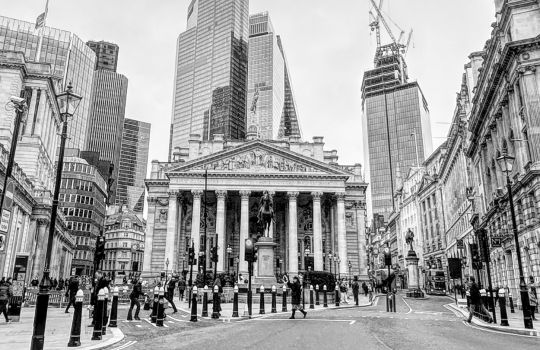How are fees affected by a bank rate?

Flats to rent in Kensington, London – how are fees affected by a bank rate?
An interest rate is the amount you are charged for borrowing money from the bank, shown as a percentage of the total amount of the loan. If you are a saver, it is also the rate of return on the money deposited. The higher the savings rate, the more will be paid into your account for a given sized deposit. Even small changes to an interest rate can have a significant effect on the economy, especially the property market.
A bank rate is a benchmark, a threshold set at the national level. It is currently 3.5 per cent in the UK. Interest rates set by banks, credit financial institutions and companies are not only influenced by the bank rate. When setting their own interest rate for the use of money, the banks also consider the risks of default on the loan. In this case, the longer the period for which a bank grants the money to a client, the higher the risk of default, therefore the higher the interest rate.
Even though housing loans are often secured by the property being purchased, there is still a risk of default, so even this type of lending carries a rather high interest rate on the use of the money.
How does the interest rate affect the property market?
If you buy a residential property with a mortgage, a higher interest rate will make your monthly outgoings on the property more expensive than a lower mortgage rate which in turn could have an effect on your living budget.
Thus, if you want to buy a flat in Kensington, London, you should calculate the approximate monthly mortgage costs, taking into account your cost of living. This has a negative effect on the property market because less people are able to afford the cost of their mortgage on a higher interest rate.
Many people consider buying a residential property as a business project. They purchase flats and houses with the intention to rent them out. In doing so, they buy such a property with the expectation that renting will cover the borrowings from the bank.
People also have to consider the tax they are required to pay, agency fees if renting through an agency and general maintenance and insurance costs.
This involves spending money on:
- Security;
- Cleaning;
- Ongoing repair;
- Boiler maintenance;
- General wear and tear;
- Utilities in period where the flat is not being rented;
- Building insurance;
- Service charges for leasehold properties.
It is more however suggested to be more profitable in the long term to rent out the property and use the money it generates to cover the costs of maintaining the property to ensure that when you go to sell the property it is in the best condition possible to achieve the best price possible.
So, whether you want to buy or rent a flat in Kensington, be sure to use a loan calculator to calculate the approximate monthly rent, determine your ability to use a particular house or flat and still maintain your lifestyle and utilities.
Your income should not only cover the rent, but also provide you with decent living conditions. You should also take into account possible fluctuations in your income during a long-term rent and even more so during a loan.




